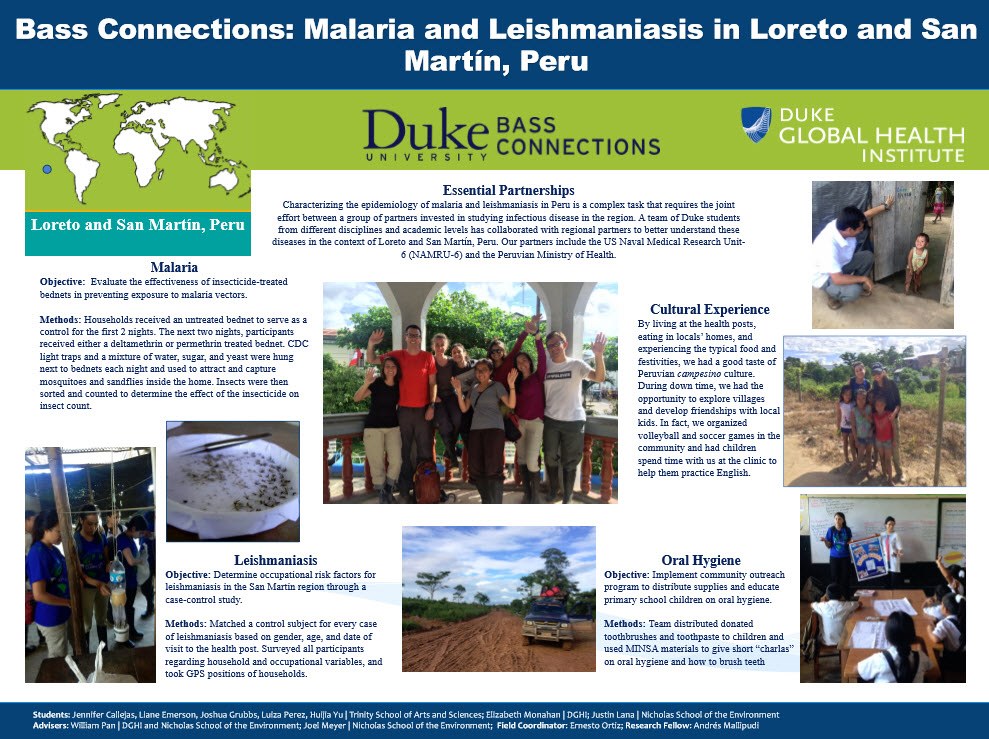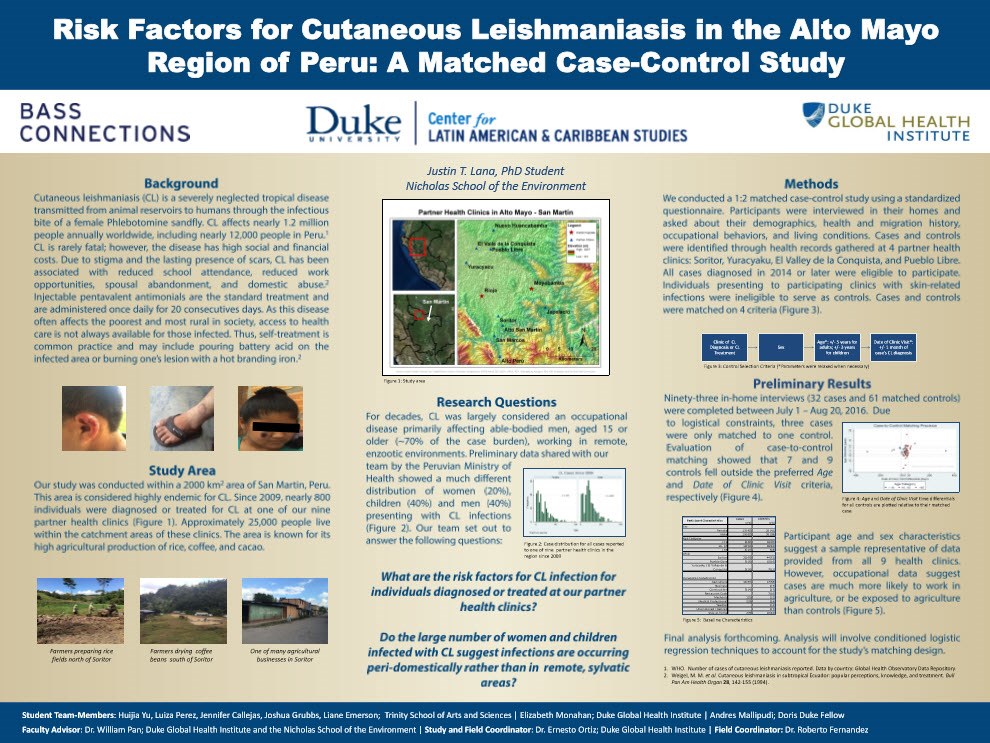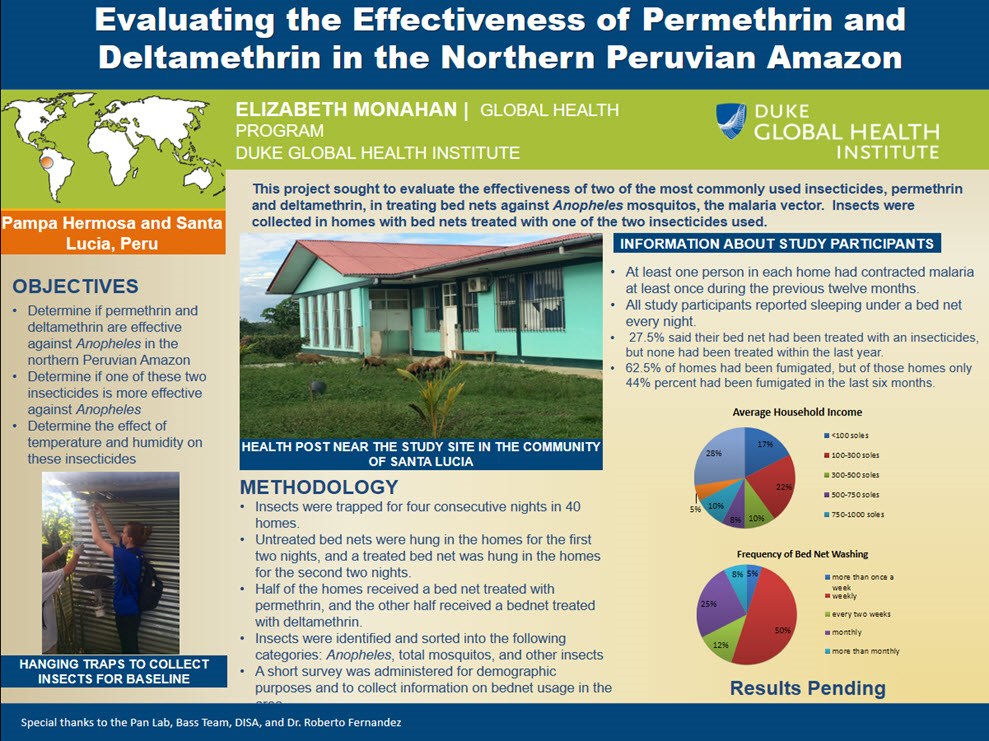Published June 2, 2018, last updated on December 20, 2021 under Research News
The 2015-2016 Bass Connections in Global Health team, led by William Pan, assistant professor of global environmental health, worked in two areas of northwest Peru to answer the major questions of how humans and the environment interact and how those interactions influence health outcomes. The team of one doctoral student, one master’s student and five undergraduates undertook two projects to study vector-borne diseases.
Doctoral student Justin Lana led a project in which students assessed the epidemiology and the state of the science around leishmaniasis, a neglected tropical disease with disfiguring effects. Team members trapped sandflies to determine how many were present in the study area and learn which varieties transmit disease.
The second study, led by Master of Science in Global Health student Elizabeth Monahan, sought to learn which of two insecticides worked better against malaria vectors—the anopheles mosquito—in the area. The team trapped mosquitoes to get a sense of the prevalence of the malaria-carrying mosquitoes and evaluated the effectiveness of insecticide-treated bed nets in preventing malaria.
Community engagement is essential to the success of research projects like this. The team worked closely with local health authorities to plan and conduct their research and share their results. In addition, with the objective of imparting health information to community members, the team conducted “charlas”—loosely translated from Spanish as “talks”—on promoting good oral hygiene as a means of preventing disease.
Where in the world was this team?
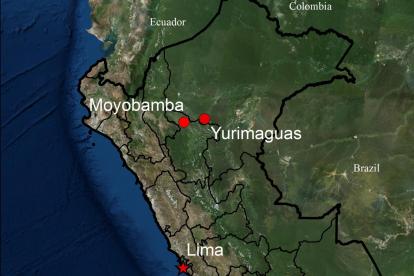
The leishmaniasis study took place...
See Them in Action
What's it really like in the field?...
Meet the Team

Jennifer Callejas ’17
Environmental Sciences &Global Health Majors
“I’m interested in environmental health. Co-majoring in global health allowed me to broaden the health aspect of my studies. This project seemed like an amazing way to integrate environmental health and epidemiology."
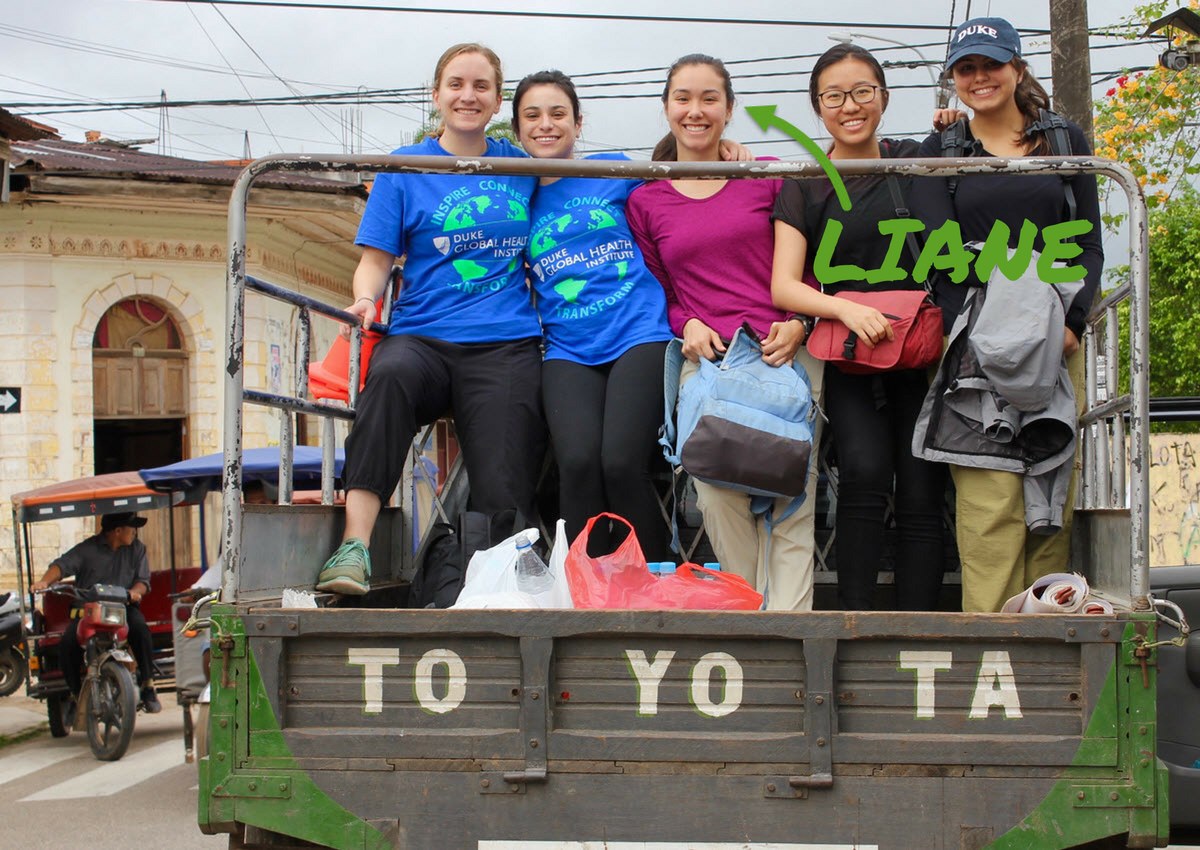
Liane Emerson ’18
Biology & Global Health Majors
“This project stuck out to me because of its emphasis on infectious disease. I’m focusing on infectious disease as part of my global health major and I really liked this project’s interaction between the environment and disease.”

Joshua Grubbs ’18
Chemistry & Global Health Majors, Pre- Medicine Track
“By participating in this project, I can keep developing my public health skills and contribute to the body of knowledge surrounding a neglected disease.”

Justin Lana
PhD Student, Nicholas School of the Environment
DGHI Doctoral Scholar
“We always have a Peruvian partner on our research projects and papers, which not only gives strength to our collaborations, but also embodies what global health is all about.”

Elizabeth Monahan ’17
Master of Science in Global Health Candidate
“I was a biology and Spanish major as an undergraduate. Global health is a great way to combine those two interests. I’m also interested in the medical field, so I hope to be able to use this training going forward.”
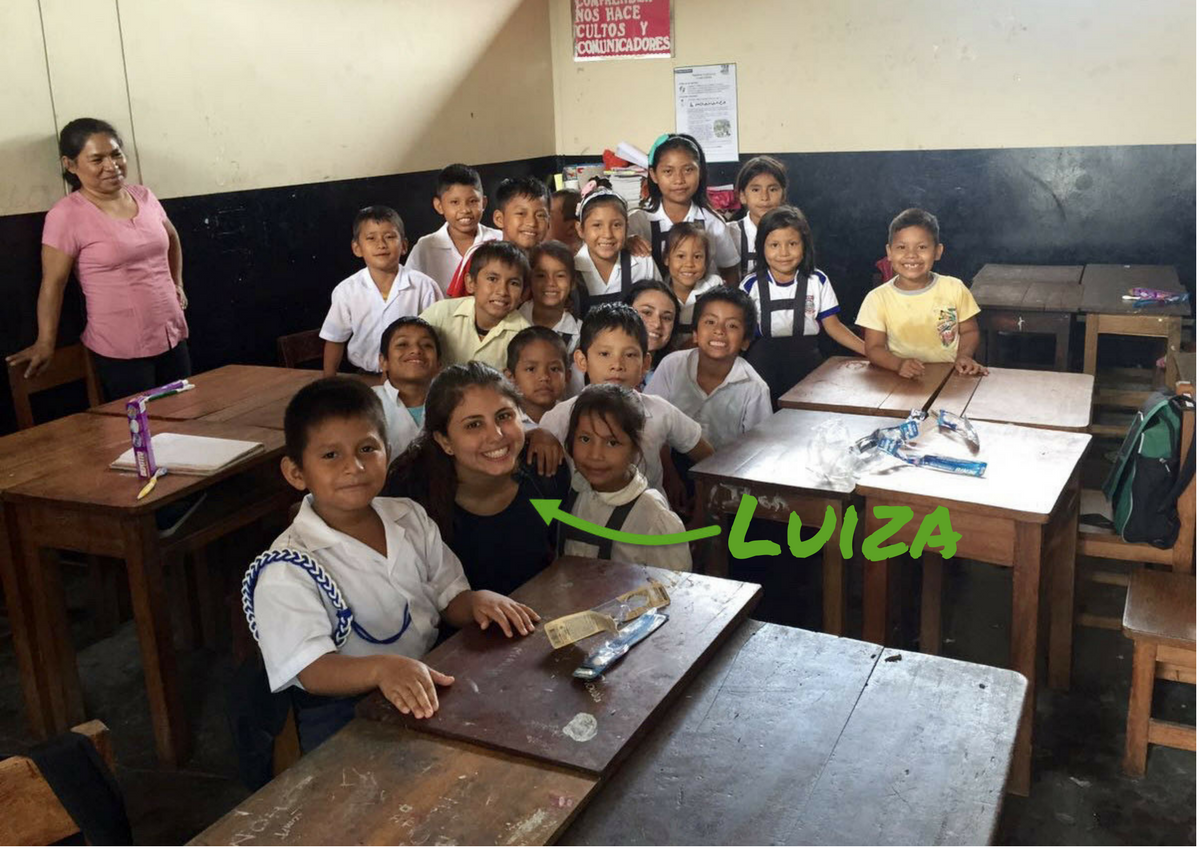
Luiza Perez ’19
Global Health Major (co-major TBD), Pre- Medicine Track
“I came here with the desire to see the Amazon and participate in something that would improve people’s lives. I wanted to interact with the people, to learn from them. It really seemed like a once- in-a lifetime opportunity to live in the Amazon and see the world in a completely new and different way.”
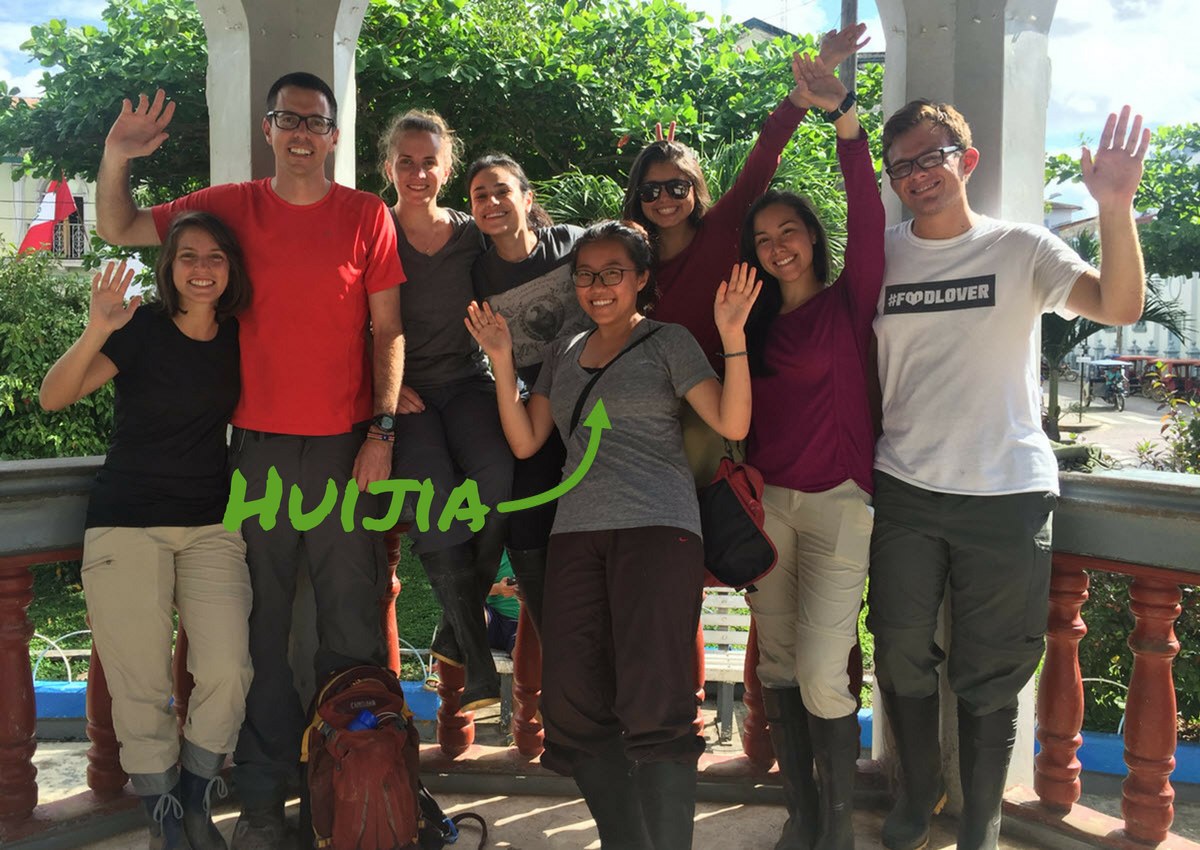
Huijia Yu ’18
Statistical Science & Computer Science Majors
“It has been so interesting to interact directly with Peru’s Ministry of Health and local health officials, and see how they view these diseases and what they can and can’t do to help.”
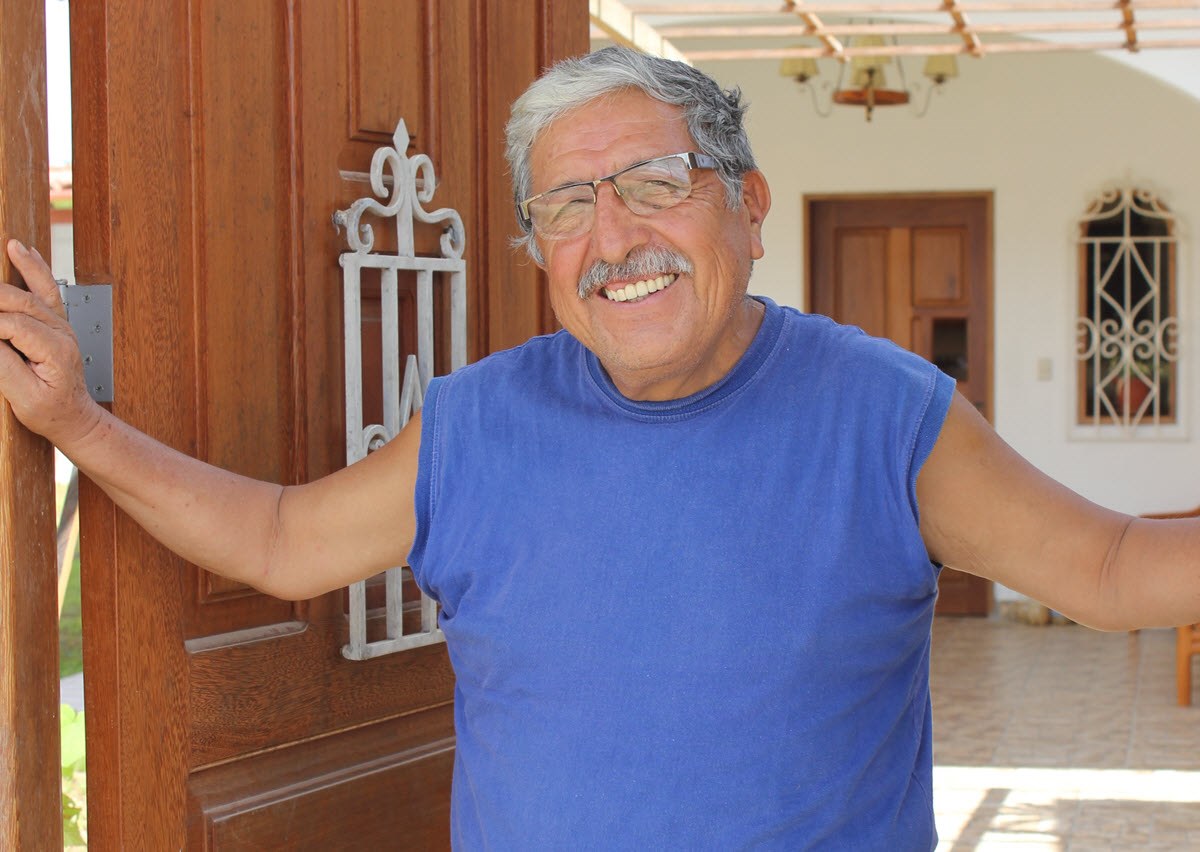
Roberto Fernandez
Team Mentor
Roberto Fernandez recently retired after three decades as a medical entomologist at the U.S. Naval Medical Research Unit in Lima, Peru. He enjoys playing a role in training “the new scientists,” as he refers to the Bass Connections team. “The local health authorities will be able to apply what the team learns and it will ultimately benefit the health of the local population.”
What did they learn?
The students are currently analyzing their study results. They presented three posters at the Duke Global Health Institute Research Showcase in November 2016.
